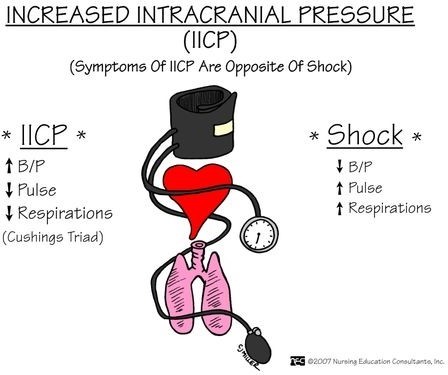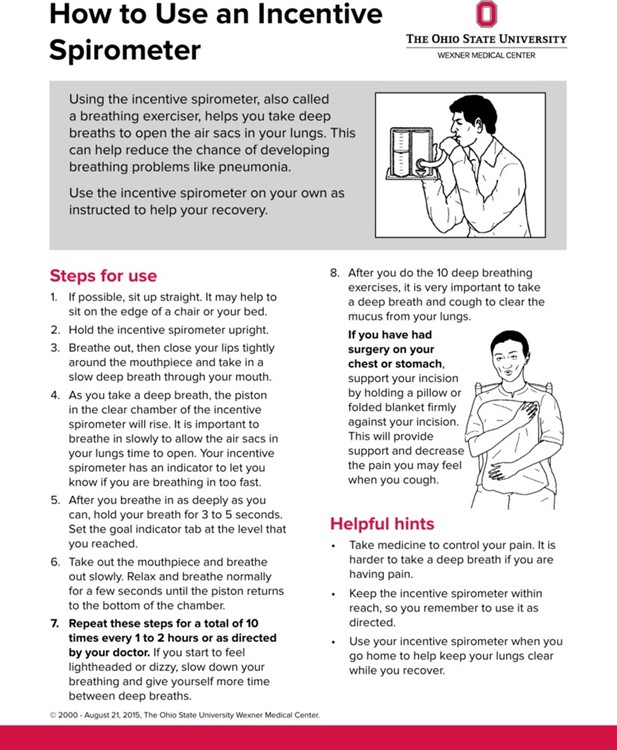A client's daughter phones the charge nurse to report that the night nurse did not provide good care for her mother. Which response should the practical nurse (PN) make?
Explain that all of the staff are doing the best they can.
Tell the daughter to talk with the unit's nurse manager.
Reassure the daughter that the mother will get better care.
Ask for a description of what happened during the night.
The Correct Answer is D
When a client's family member expresses concerns about the care provided, it is essential for the nurse to gather more information and understand the specific issues raised. By asking for a description of what happened during the night, the nurse can obtain details about the perceived inadequate care. This allows the nurse to gather accurate information, assess the situation, and address any legitimate concerns.
A. Explaining that all staff are doing their best may not address the specific issues raised by the daughter and may not provide a satisfactory resolution to her concerns.
B. Telling the daughter to talk with the unit's nurse manager can be an appropriate step, but it should come after gathering information about the situation. The nurse needs to have a clear understanding of what happened before involving the nurse manager.
C. Reassuring the daughter that the mother will get better care may not address her concerns and may not provide a solution to the perceived problem. It is important to gather more information before offering reassurance or making promises.
Nursing Test Bank
Naxlex Comprehensive Predictor Exams
Related Questions
Correct Answer is D
Explanation
The vital sign trends that indicate increased intracranial pressure (ICP) and should be reported to the charge nurse are:
Bradycardia: A slow heart rate can be a sign of increased ICP.
Irregular respiratory patterns: Abnormal breathing patterns, such as irregular or Cheyne-Stokes respirations, can be indicative of increased ICP.
Widening pulse pressure: An increased difference between systolic and diastolic blood pressure (widening pulse pressure) can be a sign of increased ICP.

A- Heart rate above 110 beats/minute, elevated respiratory rate, and hypotension: While an elevated heart rate and respiratory rate can be associated with increased ICP, hypotension (low blood pressure) is not typically seen in this condition. Hypotension can be a sign of other factors, such as hypovolemia or shock, which may or may not be related to the head injury.
B- Bounding pulse rate, groaning respiratory effort, and elevated blood pressure: Bounding pulse rate and elevated blood pressure are not specific to increased ICP. They can be influenced by other factors such as pain, anxiety, or medications. Groaning respiratory effort may indicate respiratory distress, but it is not directly related to increased ICP.
C- Thready rapid pulse, trembling, perspiration, weakness, and irritability: These signs and symptoms can be associated with various conditions such as anxiety, stress, or other physiological responses. While they may occur in the context of increased ICP, they are not specific to this condition alone.
Correct Answer is A
Explanation
The practical nurse (PN) should reteach the proper use of the spirometer when the client demonstrates blowing forcefully into the mouthpiece. The proper way to use an incentive spirometer is to sit upright, hold the spirometer upright, place your mouth around the mouthpiece, breathe out slowly, and then inhale slowly only through your mouth as deeply as you can. Blowing forcefully into the mouthpiece is not the correct way to use an incentive spirometer.
B. Exhaling slowly after two seconds: This is actually a correct action when using an incentive spirometer. The proper way to use an incentive spirometer is to exhale slowly before inhaling deeply.
C. Using a tight seal around the mouthpiece: This is also a correct action when using an incentive spirometer. It’s important to create a tight seal around the mouthpiece with your lips to ensure that you’re inhaling and exhaling only through your mouth.
D. Sitting upright during the treatment: This is another correct action when using an incentive spirometer. Sitting upright helps you to breathe more deeply and fully, which is the goal of using an incentive spirometer.

Whether you are a student looking to ace your exams or a practicing nurse seeking to enhance your expertise , our nursing education contents will empower you with the confidence and competence to make a difference in the lives of patients and become a respected leader in the healthcare field.
Visit Naxlex, invest in your future and unlock endless possibilities with our unparalleled nursing education contents today
Report Wrong Answer on the Current Question
Do you disagree with the answer? If yes, what is your expected answer? Explain.
Kindly be descriptive with the issue you are facing.
